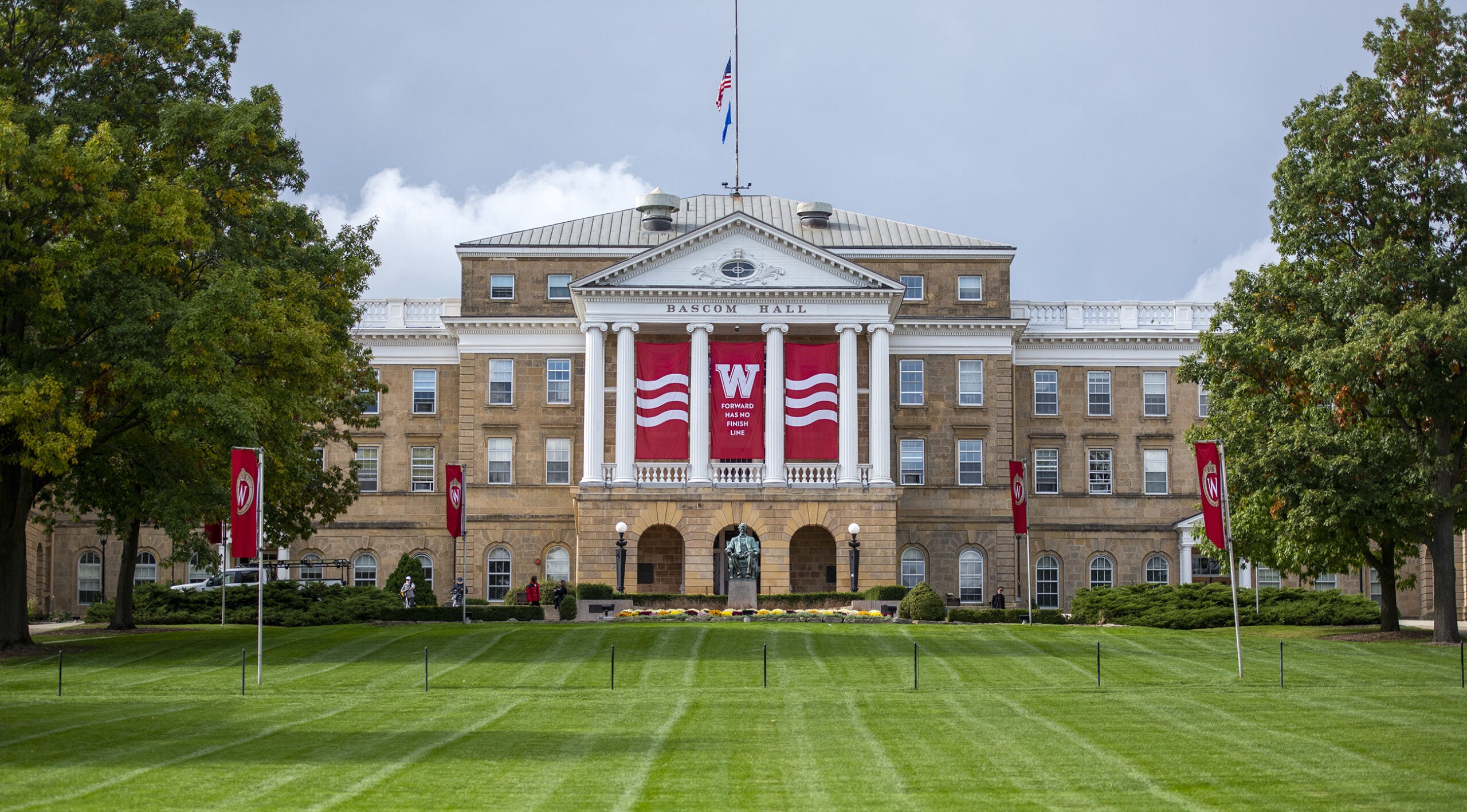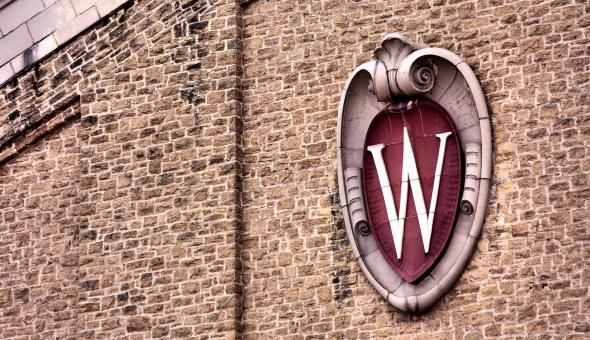Wisconsin’s in-state undergraduate students will see a tuition hike of 3.75 percent in the fall, Universities of Wisconsin President Jay Rothman announced Thursday.
The proposal will be considered by the Board of Regents April 4.
This year tuition increased 5 percent. That was the first increase in 10 years. It came after the state lifted an in-state tuition freeze originally put in place by Republican legislators in 2013.
News with a little more humanity
WPR’s “Wisconsin Today” newsletter keeps you connected to the state you love without feeling overwhelmed. No paywall. No agenda. No corporate filter.
Rothman said the 2024-25 increase is necessary to keep up with inflation. The tuition hike increases UW System revenue about $39 million, but with inflation the money is intangible, Rothman said.
“Our universities are facing challenging economic realities, and students and parents should know that we plan to be good financial stewards,” Rothman said. “Maintaining our affordability advantage, especially compared to our peers, is a priority because we want more students to get access to the unlimited opportunities our universities provide.”
Increasing tuition for a second year is a double-edged sword for the Universities of Wisconsin. There have been significant and prolonged enrollment declines across the system and most of the universities have projected deficits. But the cost of college is keeping many families from attending.
Since 1992, the price of a four-year college has more than doubled, even when accounting for inflation.
And many Americans believe the price tag is just too high or the schooling is no longer necessary. According to the survey, 75 percent of people believe people don’t attend college because they can’t afford it; 59 percent of people think students can earn a good living without college.
“Our universities provide an education that opens doors and helps our students discover their potential,” Rothman said. “Our students are being educated to fill jobs that do not yet exist, which is critical in a world that is changing drastically due to technological advancements.”
Rothman has said he is hopeful that more low-income students will attend college with the new Tuition Promise program launched this fall that fully covers tuition for new students whose family income falls below $62,000.
Rothman said he asked for an updated affordability review that will be available in the fall. The 2022 review found that compared to peers, Wisconsin’s public universities were “the most affordable in the Midwest.”
Seven universities are proposing a fee increase on top of the 3.75 percent to fund specific needs such as academic advising, financial aid, and faculty hiring in high demand programs. Rothman said segregated fees will also increase by an average of $74 per year.
The proposed resident undergraduate tuition and segregated fees for each university in 2024–25 are as follows:
- UW-Eau Claire: $9,643
- UW-Green Bay: $8,700
- UW-La Crosse: $9,896
- UW-Madison: $11,604
- UW-Milwaukee: $10,398
- UW-Oshkosh: $8,532
- UW-Parkside: $8,271
- UW-Platteville: $8,425
- UW-River Falls: $8,824
- UW-Stevens Point: $9,049
- UW-Stout: $9,386
- UW-Superior: $8,813
- UW-Whitewater: $8,406
Editor’s note: This story will be updated.
Wisconsin Public Radio, © Copyright 2025, Board of Regents of the University of Wisconsin System and Wisconsin Educational Communications Board.






